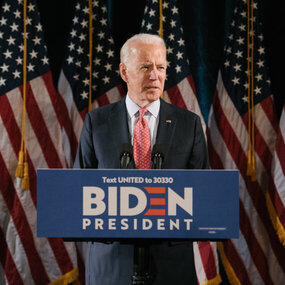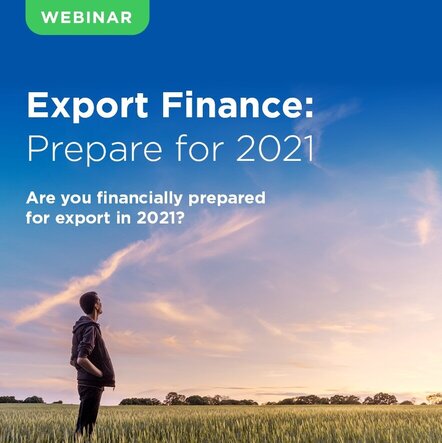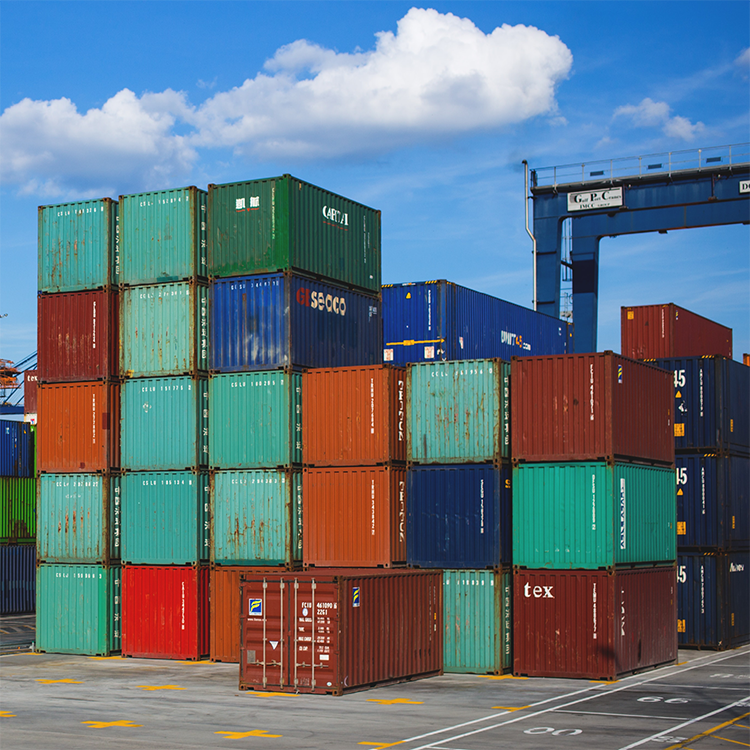The possible Australian trade consequences from the US election result
According to most officials, we appear to have a winner in the United States (US) election with the announcement of the success of the Biden/Harris ticket.
It has yet to be recognised or endorsed by the current US President and his followers but the plan seems to be that the Biden/Harris administration will be inaugurated on 20 January 2021. Although the manner of that inauguration may be very different in the time of the pandemic.
There are a few immediate items of interest:
- The sudden reality that lawyers may have a crucial role in post-election litigation. However, we need to remember that none of this crisis was caused by the lawyers and any involvement on their part is limited to those called in to deal with issues. That could include members of the Supreme Court who often face the pressure of being seen as supporting the political party who backed their election to the Supreme Court.
- This election is not solely about selecting the President. At the same time as the US is voting for its leader, much of the US is voting in elections for Congress, comprising the House of Representatives and the Senate. Currently, the Democrats have control of the House of Representatives although it now appears that control of the Senate may be a “tie” or with a slim Republican majority. Although this will not prevent the President to pass Executive Orders such as those President Trump has used to effect massive dumping tariffs and other trade initiatives, it does mean that other legislation will be dependent on the ability of President Biden to use his years of experience in the US Senate to build bipartisan support for the legislative agenda and the approval of members of the new Biden administration such as the Secretaries of State and Defence.
- There will most likely be no direct effect on our trade relationship with the US. Both Presidential candidates have expressed support for the Australian relationship which should preserve our trade with the US, including exemptions from the current high US tariffs on steel, aluminium and other manufactured goods. It is yet to be seen whether our Prime Minister can secure the type of close relationship with President Biden that he appeared to have with President Trump. At the least, the US will look for allies against China in our region.
- One crucial question is whether Biden will follow Trump’s aggressive trade policies or if he will “wind them back” in some fashion, including whether he will change the sections 232 and 301 duties and the Australian exemptions or reverse Trump’s actions to block the operation of the World Trade Organisation and consent to the appointment of new members to the United Nations appellate body. Biden has said he will keep “fire to the feet of China” on perceived unfair trade practices in China. This should lead to the maintenance of the existing “Phase One” Agreement between the US and China and other agreements between the two countries, with China being obliged to continue to buy substantial amounts of US goods. The wider issue is the approach to other international bodies such as the World Health Organisation which really needs positive US support.
- I don’t think that a Biden victory will lead to a reduction in Chinese action against Australian exports which is largely an independent issue. However, China may take the opportunity of possible early uncertainty in the US to escalate its trade actions against the US and Australia exporters and others such as an “independent” UK.
- A possible significant difference may arise between Australia and the US on environmental issues. The European Union has already raised the issue of climate change policy with Australia in its Free Trade Agreement negotiations, and President-elect Biden has already indicated he expects US trade partners to adopt policies to immediately deal with climate change issues which could challenge the relationship with Australia. Similar comments from the US have been to the effect that it expects its trading partners to show leadership on human rights and other more “social interest” policies.
- Although trade policies of the Biden/Harris administration have shown a preference for multilateral trade agreements instead of bilateral deals, there is no evidence that the US may look to unravel the United States–Mexico–Canada Agreement which started recently or move to join the Trans-Pacific Partnership Agreement from which it had withdrawn before its commencement. Given that the Trump administration removed the US from steps to liberalise trade with Iran (which then stalled international moves on that front), there is no immediate clarity on whether the US will now seek to re-engage with Iran and lead international efforts to re-engage Western countries with Iran on trade. Certainly, Australian exporters would be keen on movement on this issue as new US policies could allow our exporters to trade directly with Iran and receive payment for their products and services from Iran. At the moment, measures to allow payments from Iran would be of real assistance.
As we all know, “it’s not over until it’s over” and a clear view of the outcome and consequences will take some time. It makes the watching and re-watching of The West Wing an important educational tool and throws into question the value of pre-election polling which has not been at all accurate.
I will continue to provide details on these developments and future events. For further advice on any questions you may have, please contact our Customs & Tradeteam for further advice.
This article was first published here.






